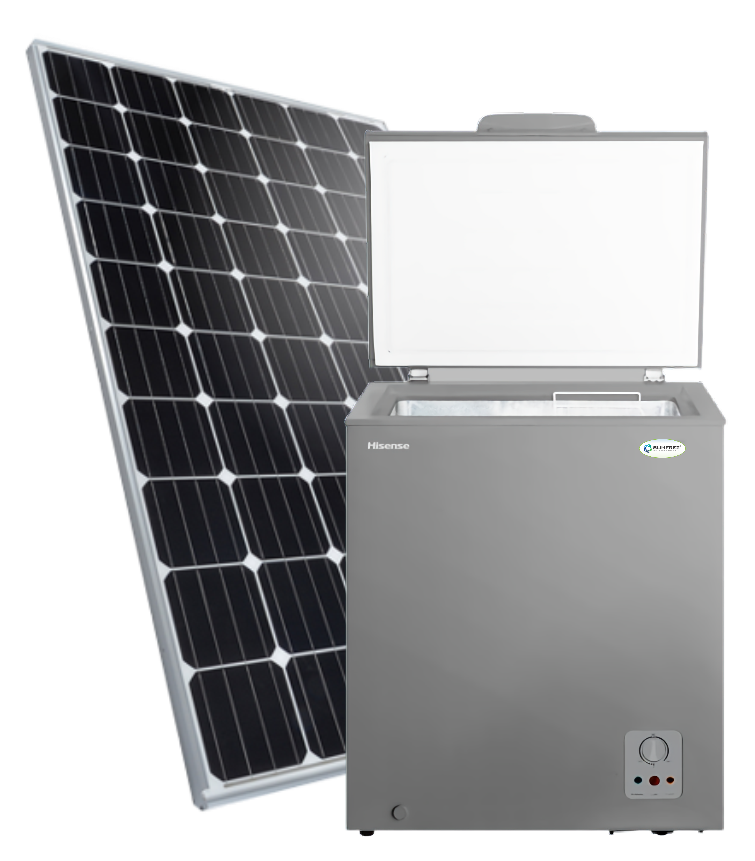One sector that is worst hit by the energy crisis in Nigeria, is the Agrobusiness sector. No doubt, electricity plays a vital role in the agricultural value chain, impacting various stages, including; Lighting, processing and storage, farm-to-market logistics, etc. Nigeria is undoubtedly, blessed with arable lands and an abundance of waterways that sustain its rich diversity of marine life. In the past, Nigeria, used to be the second-largest Aquaculture producer in Africa, but Nigeria seems to have dropped below fifth on the chart due to the energy problem tormenting the sector.
The Nigerian power sector is bedeviled by a shortage of power generation, transmission and distribution infrastructure, resulting in an inability to substantially meet the country’s electricity demands over the years. Successive administrations have neglected to invest in grid modernization and expansion. This has resulted in a power sector that is still struggling to meet the country’s energy demands with frequent outages, inadequate supply and high costs.

For instance, a survey conducted recently by Premium Times, one of the leading news platforms in Nigeria, revealed how fish traders are grappling with the poor electricity supply in the country. A fish trader in Akwa-Ibom State, Mrs Iyamore, explained how she buys ice blocks on a daily basis to preserve her fresh fish due to poor power supply. She also narrated how she experienced wastage a few months ago. Mrs. Iyamore, who couldn’t hide her feelings, said she was troubled about how to cope with the high cost of fuel and poor power supply militating against her seafood business.
However, Agribusiness is one of Nigeria’s most important economic growth drivers together with telecommunication, Oil and Gas. The agricultural sector represents 15% of GDP and provides employment and income to 70% to 80% of the population of the entire Northern Nigeria.
Therefore, it’s Imperative for the Nigerian government to look inward and devise a means to address the electricity deficits in the country. Once the problem of frequent power outages plaguing the sector and the country at large are arrested, Nigeria has the potential to increase Aquaculture production and contribute in no measure to global food security like China and Malaysia which are the first and second largest seafood producers in the world.
Most importantly, the Nigerian government in collaboration with stakeholders in the energy sector should begin massive production of Solar Powered Freezers at an affordable cost to fishermen and women in rural areas to address the following challenges;
1. Preserve Catch: Solar-powered freezers help fishermen preserve their catch, reducing spoilage and increasing profits.
2. Reduce Post-Harvest Losses: Solar-powered freezers minimize post-harvest losses, enabling fishermen to sell their catch at a better price.
3. Increase Market Access: With solar-powered freezers, fishermen can store their catch for longer periods, accessing wider markets and improving their income.
4. Improve Food Safety: Solar-powered freezers ensure that seafood is stored at the right temperature, reducing the risk of contamination and improving food safety.
5. Reduce Energy Costs: Solar-powered freezers eliminate the need for diesel or petrol-powered generators, reducing energy costs and environmental impact.
6. Increase Storage Capacity: Solar-powered freezers provide additional storage capacity, enabling fishermen to store more catch and increase their income.
7. Enhance Product Quality: Solar-powered freezers help maintain the quality of seafood, enabling fishermen to command a premium price for their catch.
8. Reduce Dependence on Ice: Solar-powered freezers reduce dependence on ice, which can be expensive and unreliable, especially in remote areas.
9. Improve Livelihoods: Solar-powered freezers improve the livelihoods of fishermen and their communities by increasing income and reducing poverty.
10. Contribute to Sustainable Fishing: Solar-powered freezers support sustainable fishing practices by reducing waste and promoting efficient use of resources.
By investing in solar-powered freezers, fishermen can improve their livelihoods, increase their income, and contribute to sustainable fishing practices. Invest in a solar freezer today and experience longer-lasting products, increased profits, and sustainable growth. Upgrade now

